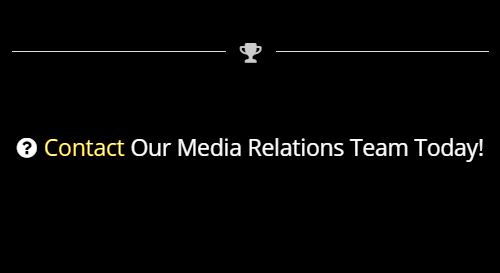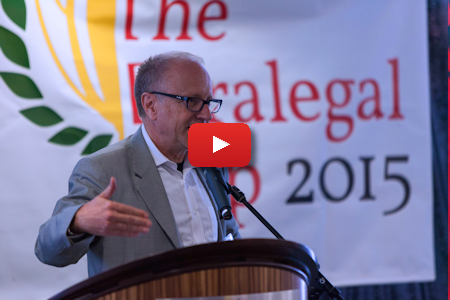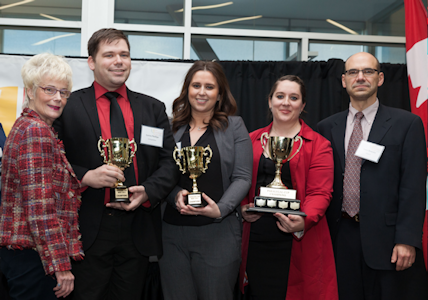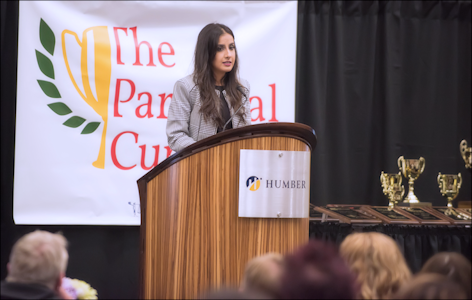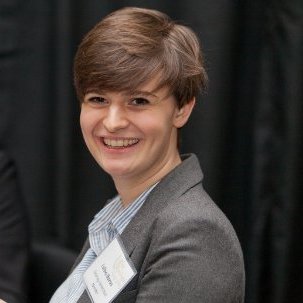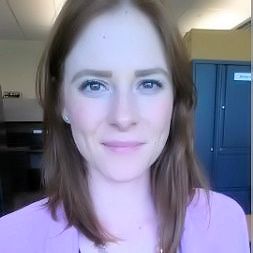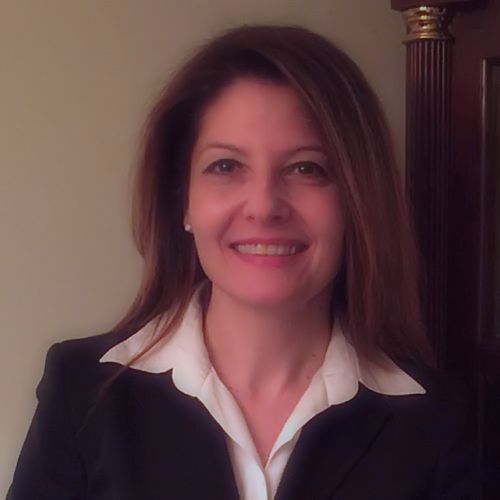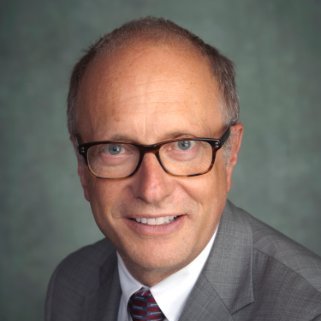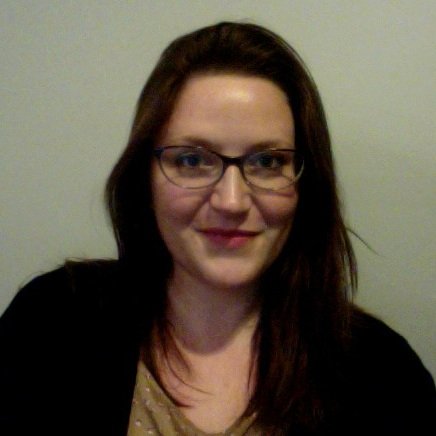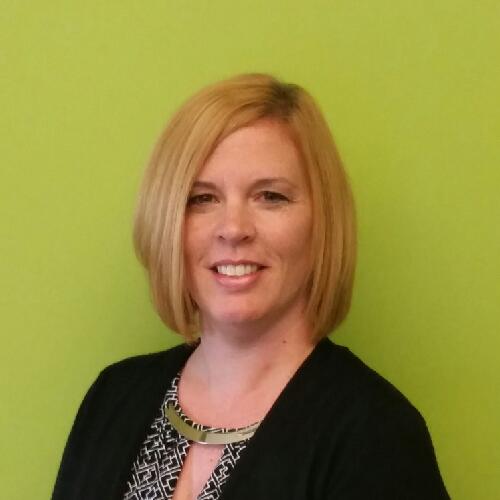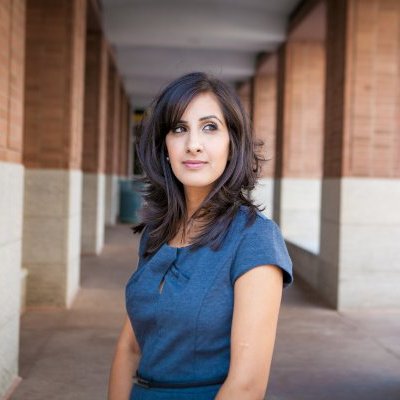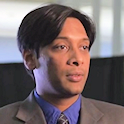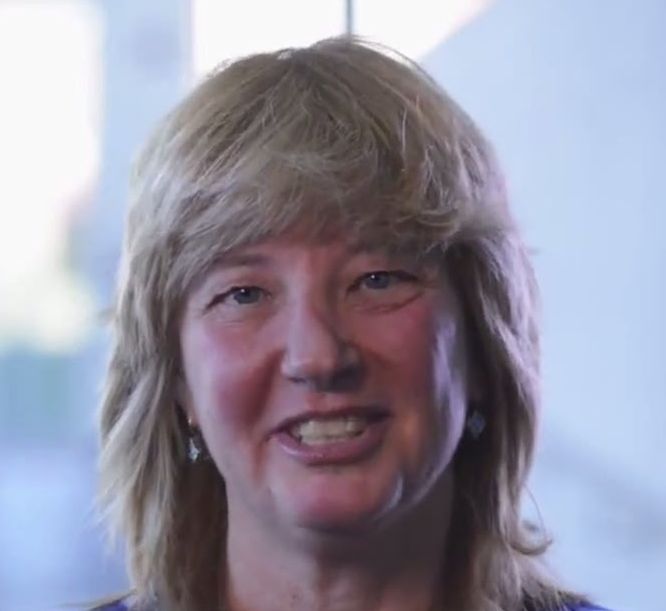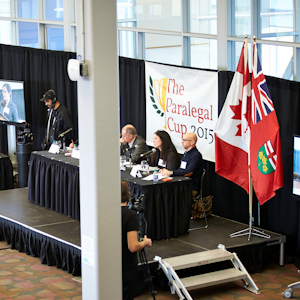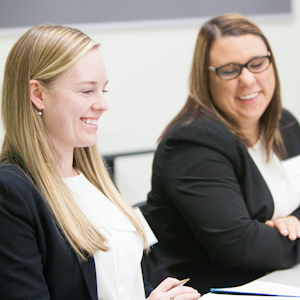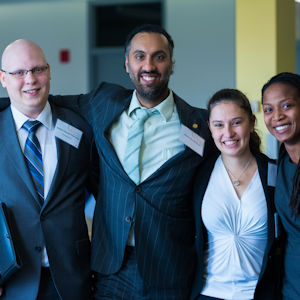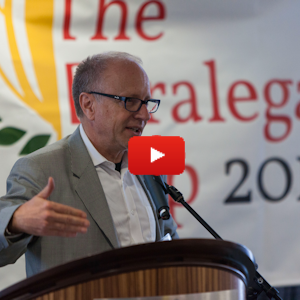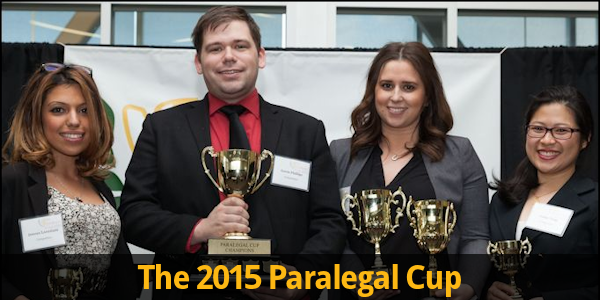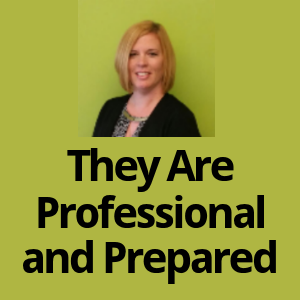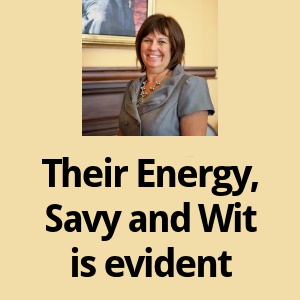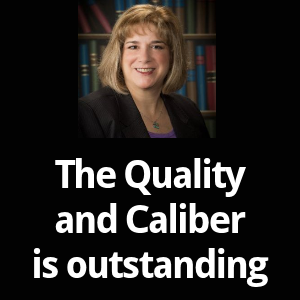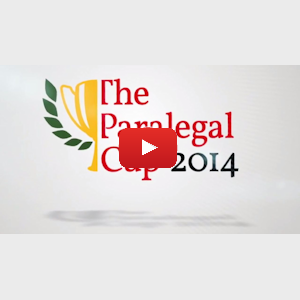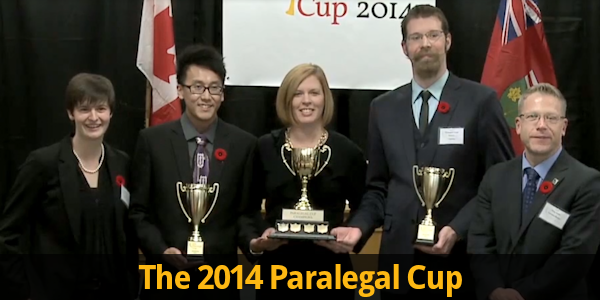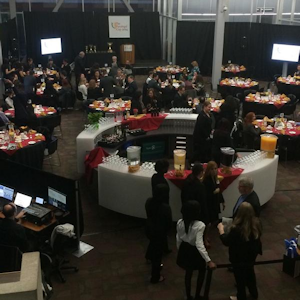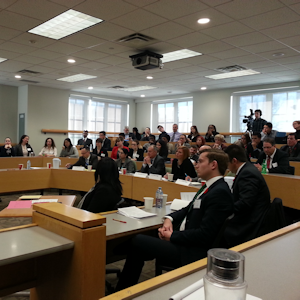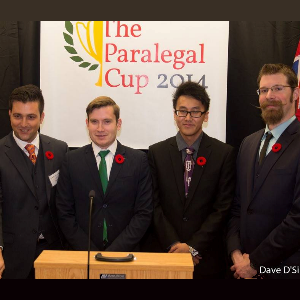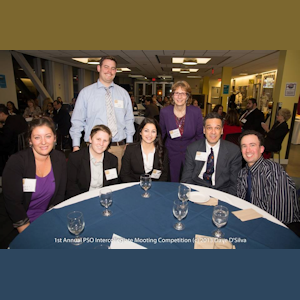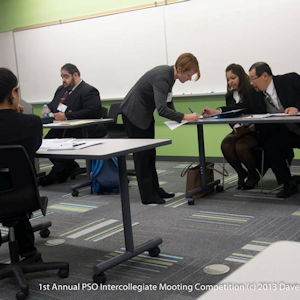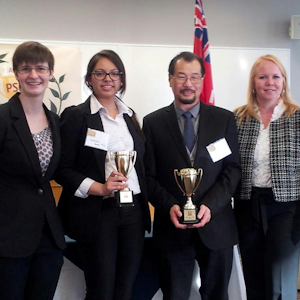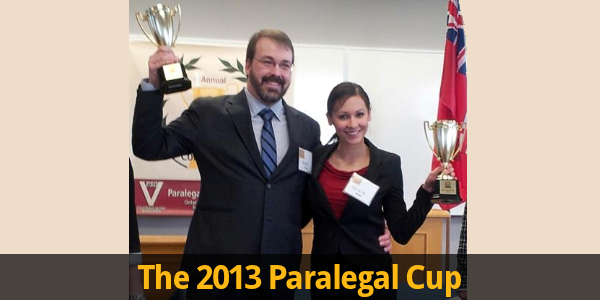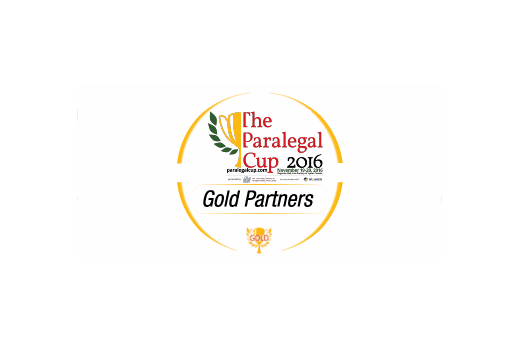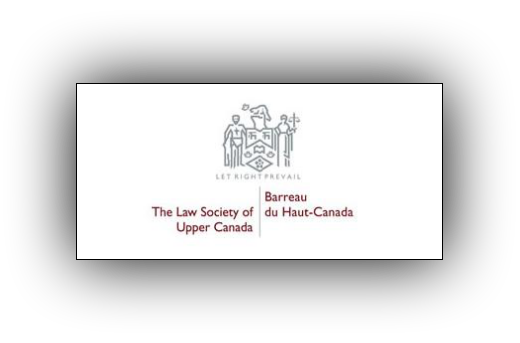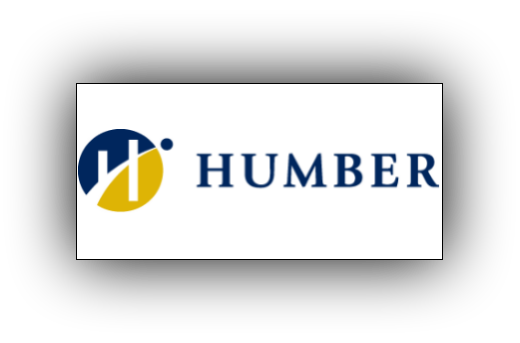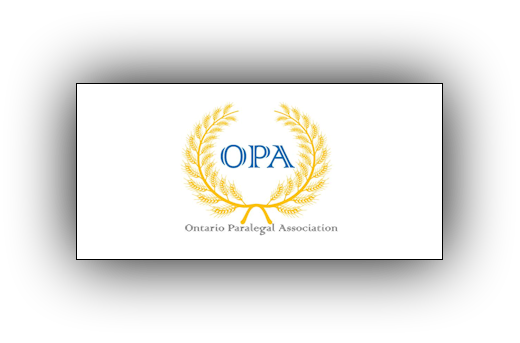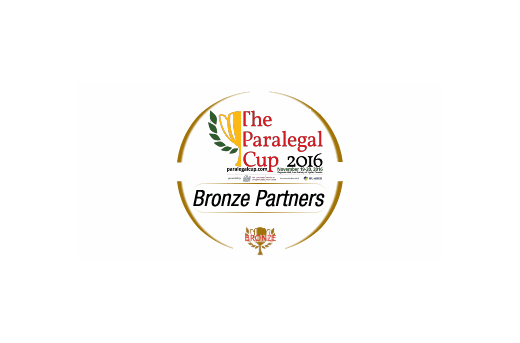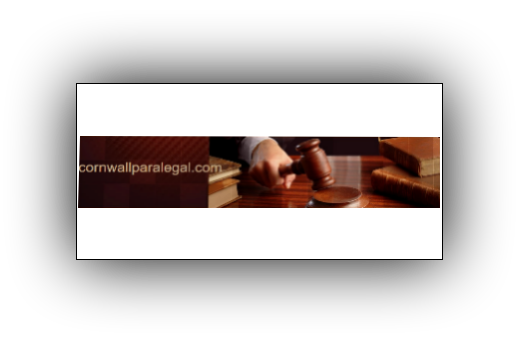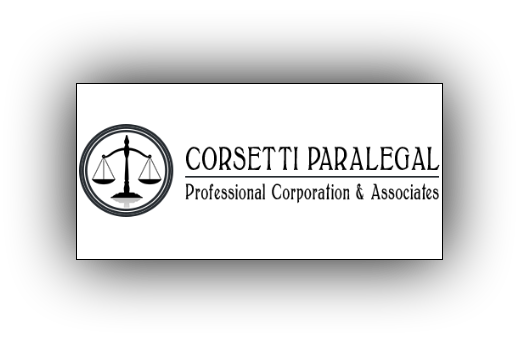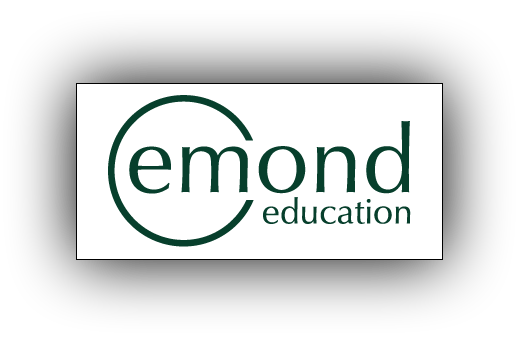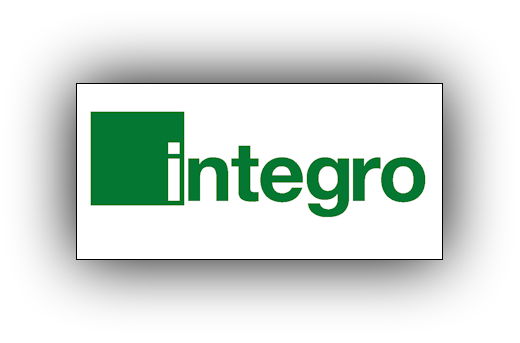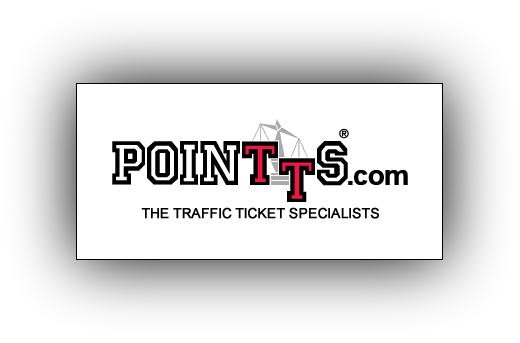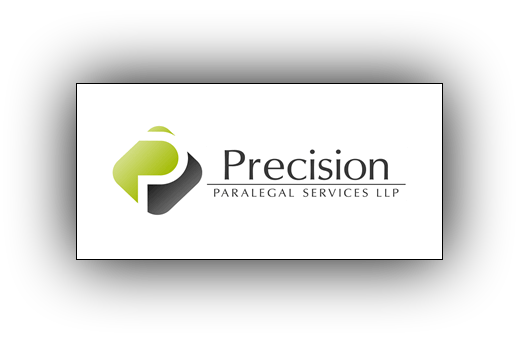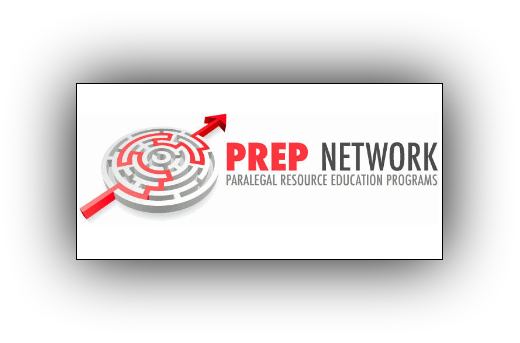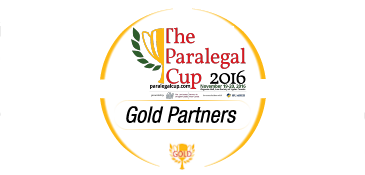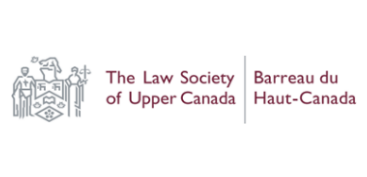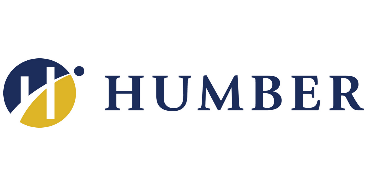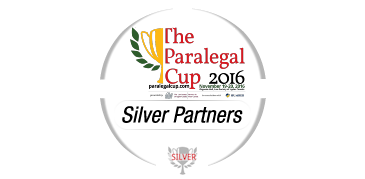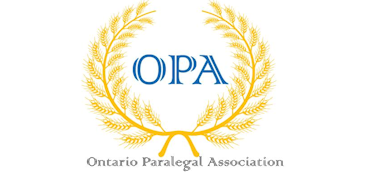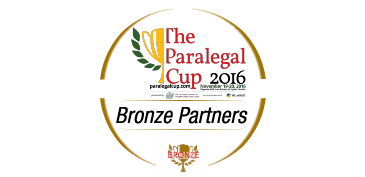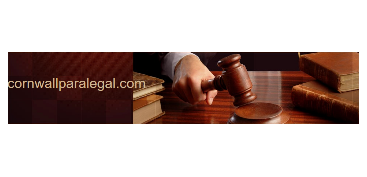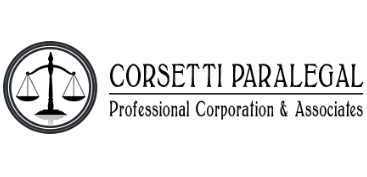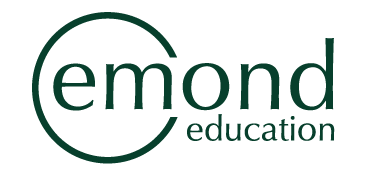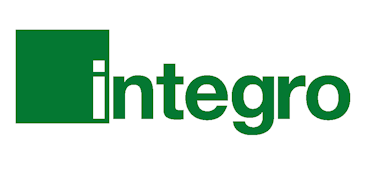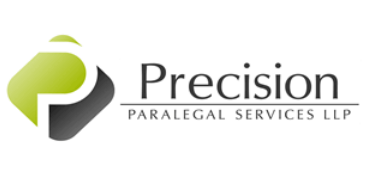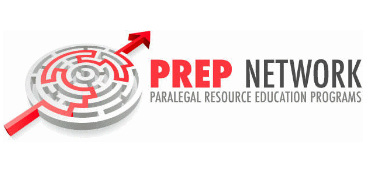 ABOUT THE PARALEGAL CUP
ABOUT THE PARALEGAL CUP
The Paralegal Cup is the only mooting competition in the world that is exclusive to Paralegal students enrolled in a Certificate or Diploma program. The competition strengthens student advocacy and critical thinking skills by focusing on oral and written advocacy, professionalism, and resiliency.
 CONTACT US
CONTACT US
- The Paralegal Cup
c/o: Madeline Williams, Paralegal Cup Coordinator
Humber College, Business School 3199 Lake Shore Blvd. W., Toronto, ON, M8V 1K8 - info@paralegalcup.ca
- EMAIL US for Our Phone Number
- http://www.paralegalcup.com
- History of Mooting
- Benefits of Mooting
- Mooting Videos
- Online Resources
- Print Resources
- FAQ
- Suggest a Resource
- Student Testimonials
The 2016 Competition
- About
- Presenting Partners
- Participating Schools
- Location and Parking Map
- Competition Schedule
- Final Judging Panel
- Complete Judges' List
2016 Formal Dinner
- Purchase Tickets
- About the Formal Dinner
- Formal Dinner Location/Parking
- Formal Dinner Schedule
- Key Note Speaker Bio
- Presenting Partners
Our Community
- About
- Community Partner Program
- Crowdfunding Campaign
- Volunteer Application
- Judges' Application
- Testimonials
- Strategic Partners
Our History
 The History of Mooting
The History of Mooting
What is a 'Moot Court'?
The term derives from Anglo-Saxon times, when a moot (gmot or emot) was a gathering of prominent men in a locality to discuss matters of local importance.
What is 'Mooting'?
The modern activity differs from a mock trial, as moot court usually refers to a simulated appellate court or arbitral case, while a mock trial usually refers to a simulated jury trial or bench trial. Moot court does not involve actual testimony by witnesses, cross-examination, or the presentation of evidence, but is focused solely on the application of the law to a common set of evidentiary assumptions to which the competitors must be introduced. In most countries, the phrase "a moot court" may be shortened to simply "a moot" and the activity may be called "mooting".
Whereas domestic moot court competitions tend to focus on municipal law, regional and international moot competitions tend to focus on subjects such as public international law, international human rights law, international humanitarian law, international trade law, international maritime law, international commercial arbitration, and foreign direct investment arbitration. Procedural issues pertaining to jurisdiction and choice of law are also occasionally engaged, especially in the arbitration moots.
To learn more, watch the informational video below ...
RECOMMEND / BROKEN link?
 The Benefits of Mooting
The Benefits of Mooting
Why Moot?
The purpose of the extra-curricular Paralegal Cup intercollegiate mooting competition is to create a unique academic opportunity for paralegal students to practise and refine their research, analytical and reasoning skills. All of these career-based skills are invaluable in the legal profession.
The competition provides a safe environment to develop these skills. In addition to their written submissions, students are required to present ten-minute oral submissions. Each student team competes in four mooting rounds, alternating between representing the appellant and the respondent. The mooting teams address the identified legal issues for the selected contemporary Canadian case. The competition judges are licensed paralegals, lawyers, members of the judiciary, and educators from the legal community.
Sara Liden
Paralegal Cup Steering Committee Member,
2014 Time-Keeper and Volunteer teams
Paralegal Cup Organizers featured in Osgoode Cup Mooting Video
Along with the 2015 and 2014 Supreme Court of the Paralegal Cup Chief Justice, the Hon. Professor Albert Ferranti, Paralegal Cup Steering Committee members, Fallon Burns and Doug Taylor are two of the featured students in a recent video, entitled Humber College's Virtual Tour: Behind the scenes preparation for the Osgoode Cup
Humber Paralegal students have one month to prepare to argue a Supreme Court case in the Osgoode Cup Mooting Competition. As the only college invited, this is a phenomenal opportunity for the team to prove themselves amongst their university peers. But it won’t be easy. With only a few short sessions to prepare, the team has their work cut out for them. Will they be ready?
Humber Paralegal students have one month to prepare to argue a Supreme Court case in the Osgoode Cup Mooting Competition.
As the only college invited, this is a phenomenal opportunity for the team to prove themselves amongst their university peers. But it won’t be easy. With only a few short sessions to prepare, the team has their work cut out for them. Will they be ready?
Watch Part I and find out!
After a month of preparation, the Osgoode Cup Mooting Competition is finally here. Humber Paralegal students will compete against other undergraduate students from universities across Ontario.
This is an opportunity to apply their legal training to argue cases from the highest court in Canada.
Watch Part II to see how they did!
Celebrating Mooting
In the opening five minutes, Dean Lorne Sossin of Osgoode Hall Law School, sums up the significance of mooting.



